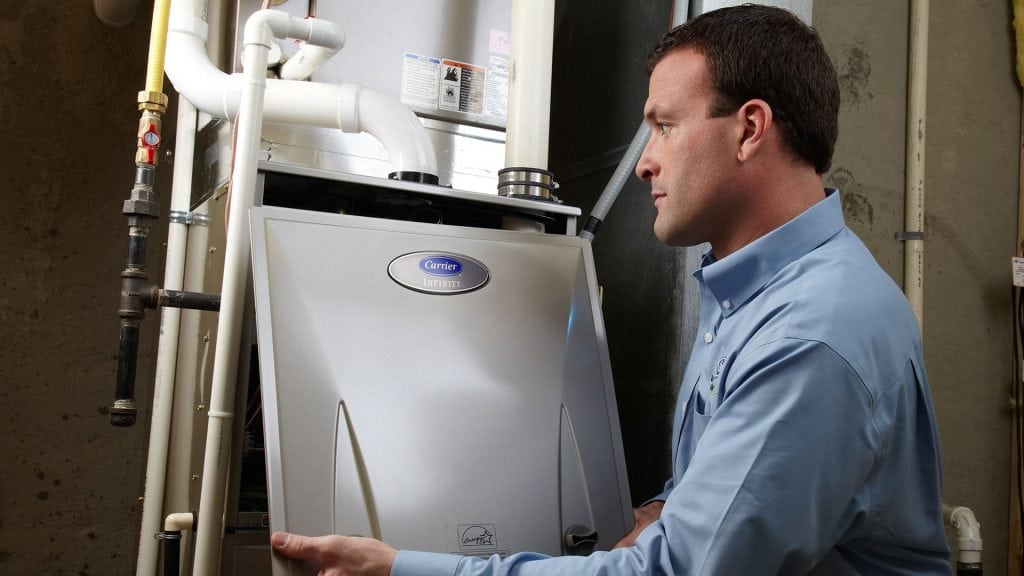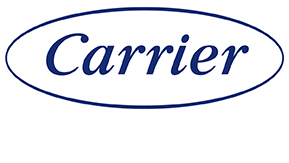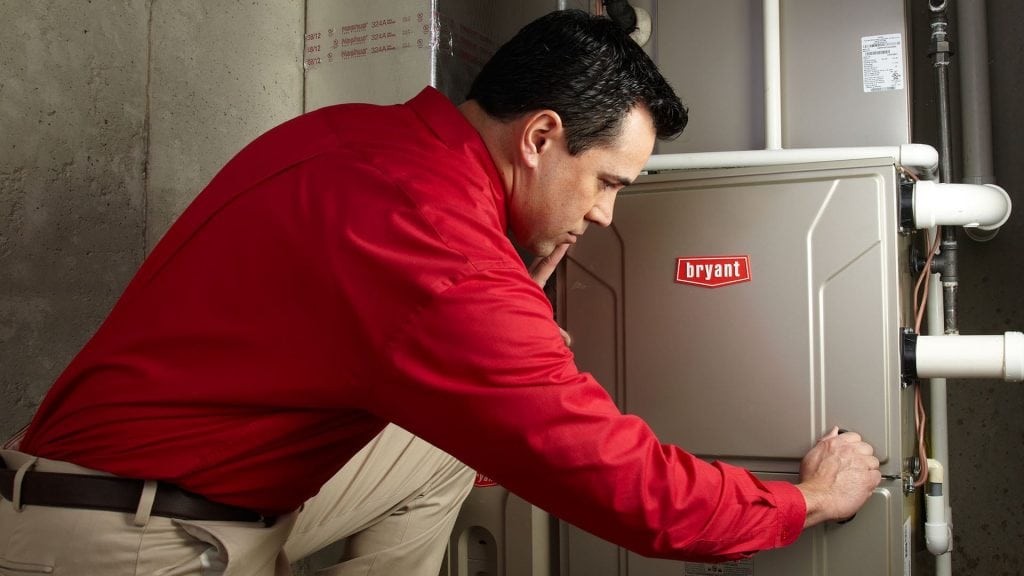The Problem With Stale Air

The Problem With Stale Air
Does the air in your home or business seem stale, or do rooms feel stuffy? Stale, stuffy air occurs for several reasons, including excess humidity, the presence of airborne contaminants and inadequate air exchange. Humid, warm climates can make the problem worse. Your heating, ventilation and air conditioning contractor can help. Increasing air exchange, controlling moisture and improving HVAC filtration contribute to keeping indoor air fresh and clean.
Improve Air Exchange and Ventilation
Today’s tightly sealed buildings limit air exchange between indoors and outdoors, which can cause airborne pollutants to build up. The indoor space may smell because of cooking odors, combustion from appliances, household cleaners or excess moisture.
The HVAC contractors of AC Southeast are trained to find solutions to improve indoor air quality. Simple solutions include opening windows and doors and running exhaust fans in kitchens, bathrooms and laundry rooms. However, in extreme weather, these solutions are not practical.
Adding mechanical ventilators to your heating and air conditioning system improves air exchange. Supply systems pressurize the building, forcing stale air out through leaks and holes in the building shell and pulling fresh indoor air inside. However, they do not remove moisture from the air entering the house.
Energy recovery ventilators control air intake and energy loss. These whole-house systems recover between 70% to 80% of the energy in the expelled air. The recovered energy is transferred to the incoming air, which maximizes energy efficiency.
Control Moisture
In the southeastern states, the humid climate affects indoor comfort. Excessive moisture can cause mildew and mold to form on indoor surfaces, upholstery and in ducts. Experts suggest keeping relative humidity between 30% and 60% for comfort and health. Installing dehumidifiers helps control indoor moisture.
Eliminate Airborne Contaminants
The primary way to reduce the amount of airborne contaminants in your living space is to eliminate the source of pollution. Frequent cleaning and vacuuming, using craft supplies outdoors and minimizing use of pesticides and aerosol sprays can reduce indoor pollutants.
Air cleaners, ultraviolet light air purifiers, filters and whole-home ventilators work with your HVAC system to remove airborne pollutants. The trained HVAC professionals of AC Southeast will talk with you about your lifestyle and indoor air quality requirements and recommend products that improve the indoor air in your home.
If the air in your home seems stale or musty, call a professional from AC Southeast today to find out how to improve the indoor air you breathe.



